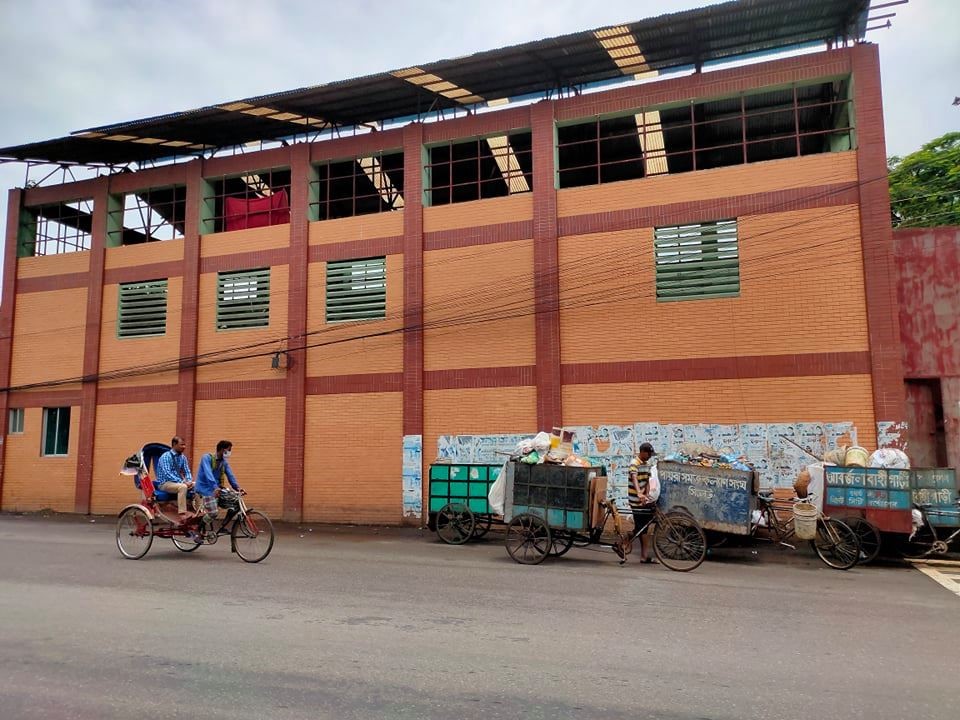We rely on the environment for the food we eat, the air we breathe and the water we drink. Yet humanity is damaging that very environment, impacting natural resources and ultimately our living conditions as we know them. The more demand we have for resources, the more strain we are putting on the environment. This World Environment Day, we are shedding light on the issue of waste pollution and the damage it is causing to the environment.
Over the last century, public consumption has increased so much that waste pollution has become one of the most pressing environmental issues in the world. Solid and plastic waste pollution is most common in poorer countries in Asia, which have little to no waste collection infrastructure. However, wealthier countries, especially those in which little waste is recycled, also face difficulty in collecting garbage waste. Plastic waste has become so pervasive that the United Nations have drawn up a worldwide treaty to help tackle the issue.
Damage to nature
Every year millions of animals are killed by solid waste and plastic, from birds and fish to marine mammals. Nearly 700 species, including many endangered animals, are now known to be affected by plastic waste.
Garbage waste is particularly harmful. Garbage does not break down by itself and therefore remains in the environment for decades. Plastic present in garbage crumbles into small particles, also known as microplastic. The microplastic ends up in our rivers and seas and is eaten by fish, shellfish and other creatures, so that it eventually ends up on our plates again via the food chain.
Worldwide, 100,000 marine mammals and at least 1 million seabirds die every year from the waste that has ended up in oceans. More than 8 million tonnes disappear into the water every year and is now known as the ‘plastic soup’, which is an immense area of floating waste.
Fighting waste
Bangladesh is facing an immense problem of plastic and garbage waste in its urban areas.
Areas like Sylhet city, which has become stretched to the limits due to food waste, poly-paper and plastic bags, ashes and residues, roadside litter and abandoned vehicles are creating the main solid waste in the city.
Sylhet city currently generates around 1,000 metric tonnes of solid waste per day. Only around 50% is collected for proper disposal by the city authority.
The leftover waste creates huge problems including water contamination which presents a health-hazard for residents. Solid waste management has become a major cause for alarm.
Local people dispose of solid waste in open areas and on roads, which causes harm to the ecosystem and general health of the environment. This open dumping is environmentally and hygienically hazardous. Due to lack of resources the city authority is struggling to manage the problem.
Individual action is not enough
Without a radical change in mentality by the global community around waste, such plastic and garbage pollution will only increase. It is estimated that the production of plastic items in the next 8 years will match that of the entire 20th century if we don’t change our behaviour.
Fortunately, the number of consumers actively rejecting single-use plastics is growing. Cleaning campaigns that are pushing for a global effort to combat waste and plastic pollution like Clean up India, Keep Singapore Clean campaign and Lebanon’s Save our Face national campaign are showing positive results which can lead to significant environmental movements across the globe.
Individual action is good, but according to experts, not enough. The global economy must change and governments need to ensure appropriate legislation on the production and management of plastics.
Islamic Relief Bangladesh is providing the Sylhet City Corporation with waste collector vans, as part of a project that also serves an area in Dhaka. We have provided 54 Waste Collector Vans which is helping make the city cleaner, especially in poorer areas. There has been a decrease in water related diseases like dengue and malaria, and the project has also created much-needed employment opportunities for local people.

Local community leaders, including ward councillors and the mayor of Sylhet City Corporation have welcomed the initiative.
Since 1991, Islamic Relief has been supporting vulnerable people in Bangladesh, one of the world’s most vulnerable countries to the effects of climate change. Our extensive development interventions include supporting communities to better protect themselves from climate change and to protect the environment from further harm.
This World Environment Day, support our vital work with vulnerable communities worldwide: donate now.










